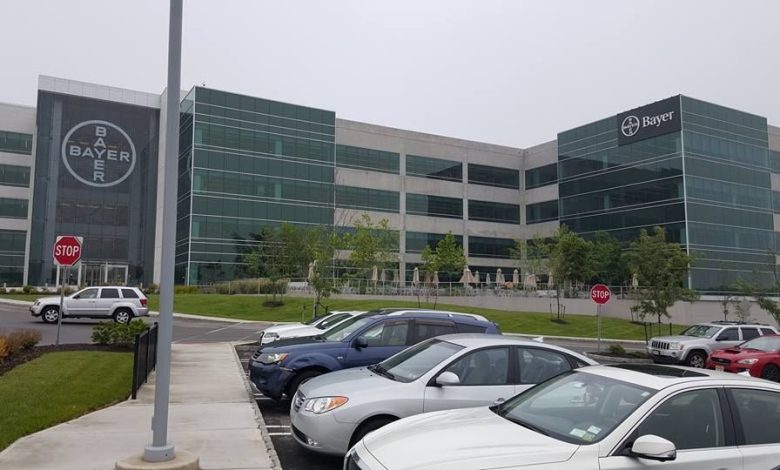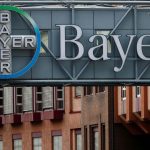Bayer Pushes Forward with U.S. Expansion Despite Setback in Blood Thinner Drug Development

German pharmaceutical giant Bayer (BAYGn.DE) remains undeterred in its plans for expansion into the U.S., reaffirming its commitment to the market despite the setback in the development of its blood thinner candidate. In November, Bayer disclosed that its experimental anticoagulant, asundexian, failed to demonstrate superiority over a competitor, yet the company’s Pharmaceuticals Head, Stefan Oelrich, expressed optimism at the JPMorgan health conference in San Francisco on Monday.
Oelrich indicated that while the initial trial results for asundexian were disappointing, the drug could still achieve blockbuster status if its second trial, focused on stroke prevention, yields positive outcomes. This optimistic outlook aligns with Bayer’s determination to overcome challenges and capitalize on potential breakthroughs.
Despite the setback, Bayer sees significant opportunities in the U.S. market for its cardiovascular and menopause symptom relief treatments. Oelrich emphasized the potential of Bayer’s experimental elinzanetant, announced on Sunday to have shown positive results in late-stage trials by easing hot flashes and improving sleep. The U.S. market, he stated, offers superior rewards for innovation compared to Europe, particularly in these therapeutic areas.
In November, Bayer acknowledged the inferiority of asundexian compared to Eliquis, developed by Bristol-Myers Squibb (BMY.N) and Pfizer (PFE.N), in preventing strokes among high-risk patients. However, the company initiated a new trial called OCEANIC-AFINA targeting patients with atrial fibrillation ineligible for oral anticoagulant treatment due to an increased risk of bleeding.
Despite previous collaborations with U.S. companies, Oelrich emphasized Bayer’s decision to independently sell the drugs it develops in the country, deviating from past practices. Bayer’s earlier commitment to allocate $1 billion for drug research and development in the U.S. in 2023, as mentioned by executive Sebastian Guth in March, reflects the company’s strategic shift.
While Oelrich did not disclose whether Bayer would revise its 5 billion euro forecast for asundexian following the trial setback, the company’s resilience and focus on innovation underscore its determination to navigate challenges and continue its growth trajectory in the dynamic U.S. pharmaceutical market.





